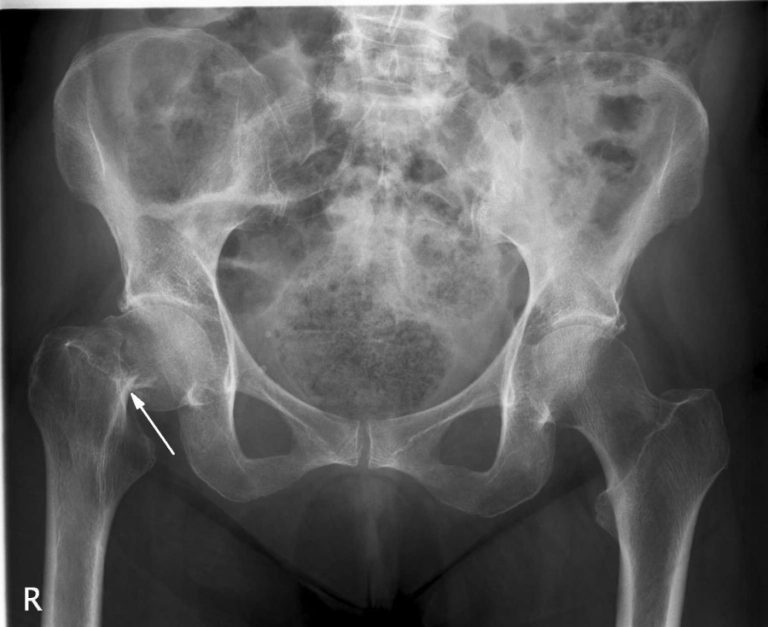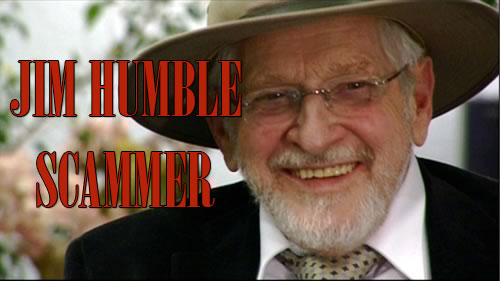Prozac Maker Knew of Side effects in 1988
THURSDAY, Dec. 30 (HealthDayNews) — Confidential company documents obtained by a well known medical journal suggest that drug company Eli Lilly & Co. was aware that its antidepressant medicine Prozac was linked to bad side effects as far back as 1988, the same year the drug was introduced to the U.S. market. The discovery is reported in the Jan. 1 issue of the British Medical Journal , and adds to the growing body of bad news for pharmaceutical companies. The papers have been turned over to the U.S. Food and Drug Administration.
Amid the pile of internal reviews and memos, according to the journal, is a document dated November 1988 that reports Prozac (fluoxetine) had caused behavioral problems, including agitation and serious panic attacks, in clinical trials.
The issue of disclosure is a loaded one. The FDA announced in October that antidepressants such as Prozac would now have to carry a “black box” warning that health-care providers should be on the lookout for, among other things, increased agitation, panic attacks, and aggression among users of the drugs.
This latest report also fuels the ongoing debate over which clinical studies should come to the attention of federal regulators and which should never the see the light of day.
“The discovery of research, reportedly ‘missing’ for the past 10 years, that connects Prozac to increased suicidal tendencies and violence is one more tragic example of a greater problem: Unless we mandate that all research be disclosed to the FDA during the drug approval process, regulators have no choice but to make their decisions based on the best-case scenarios that drug companies report to them,” U.S. Rep. Maurice Hinchey (D-N.Y.), whose office is reviewing the documents, said in a statement. “These decisions affect the health and lives of millions of Americans. If Eli Lilly’s research indicated dangerous side effects of their product and they withheld that information, they knowingly jeopardized the public’s health. Their failure to disclose what they knew may have cost lives.”
Morry Smulevitz, manager of global product communications at Eli Lilly, said he couldn’t comment on the documents because he hasn’t seen them at all.
“Certainly Lilly is obliged to public disclosure of all clinical trial data so health-care providers and patients can make informed treatment decisions,” he said. “Prozac has been prescribed for over 50 million people all over the world. It is one of the most studied drugs in the history of medicine, and its safety and efficacy is well-studied and well-documented and well-established. Beyond that, unfortunately, it’s really difficult without having the ability to review the supposed missing documents that we’re not aware of to know what we’re trying to make comments upon.”
Smulevitz said he had requested the documents from Jeanne Lenzer, a New York-based medical investigative journalist who received them and then sent them on to the BMJ and the FDA. But, he said, the request was not met.
Dr. Richard Kapit, the FDA reviewer who originally approved fluoxetine in 1987, told the BMJ that he had never been given the Lilly data.


“If we have good evidence that we were misled and that data was withheld, then I would change my mind [about the safety of fluoxetine],” he said in a statement. “I do agree now that these stimulatory side effects, especially in regard to suicidal ideation and homicidal ideation, are worse than I thought at the time that I reviewed the drug.”
The documents in question reportedly disappeared during a product liability suit brought in 1994 by families of the victims of Joseph Wesbecker, who, in 1989, killed eight people and wounded another 12 with an AK-47 before turning the gun on himself at his workplace in Louisville, Ky. Wesbecker, who had suffered a long history of depression, had started using fluoxetine just one month before the shootings.
The relatives’ civil suit alleged that the company had known about possible side effects of the drugs, including a tendency towards violence.
The jury ruled 9- 3 in favor of Lilly, but, in a shocking turnaround, the company later admitted it had made a secret deal with the plaintiffs. In 1997, the judge on the case, John Potter, amended the verdict to “dismissed as settled with prejudice,” meaning it could be reopened. Potter was presiding over another case Thursday, and could not be reached for comment on the latest developments.
“It’s been a big puzzle for many years,” Lenzer said. “The documents went missing during a critical period in the [wrongful death] trial.” Lenzer would not reveal who had sent her the documents.
The internal company document that stood out to Lenzer, she said, was one that discussed the finding that 38 percent of people have a stimulation effect, such as panic attacks and agitation, and that 19 percent of those could be attributed to the drug.
According to Lenzer, the document stated “one in five [patients] could be expected to experience this activation. And, later in the document, they talk about how to do damage control, how to get the doctors not to worry about this. Maybe the information actually got out and got buried. It’s like a little flicker of a flame. Obviously they didn’t get this out to a wide circulation. They didn’t get it out to the people who needed to know. They didn’t get it to the FDA safety officer who reviewed it.”
Dr. Peter Breggin, the medical expert in the Wesbecker case, has said the activation effects could be higher than 38 percent.
Lenzer, however, said she is concerned that what she called a pattern of secrecy among drug companies continues.
She referred to the Treatment for Adolescents with Depression Study (TADS), the results of which appeared in the Aug. 18 issue of the Journal of the American Medical Association . Although the findings were hailed as a victory for antidepressants, Lenzer stated in a September letter to the BMJ that the research had a flawed methodology and failed to report certain negative results.
“This is still going on. It’s not just 16 years ago. It’s going on today, right now,” she said.
An FDA spokeswoman said the agency had no comment at this point.
By Amanda Gardner
HealthDay Reporter
More information
The U.S. Food and Drug Administration has more on antidepressant use in children.






